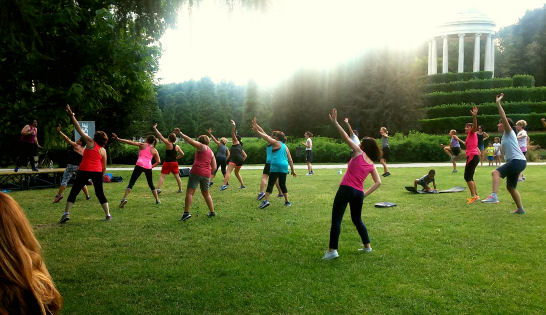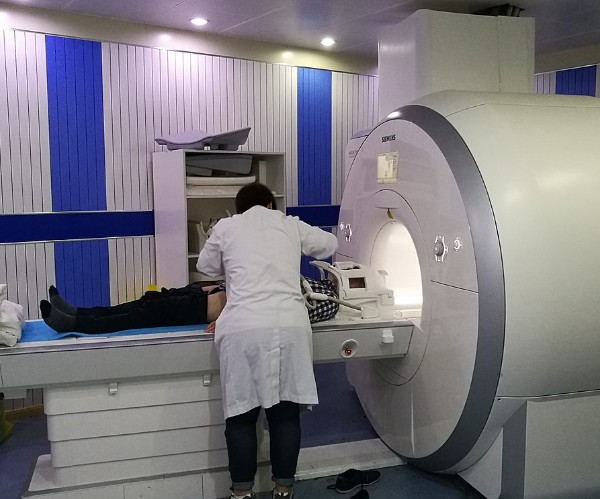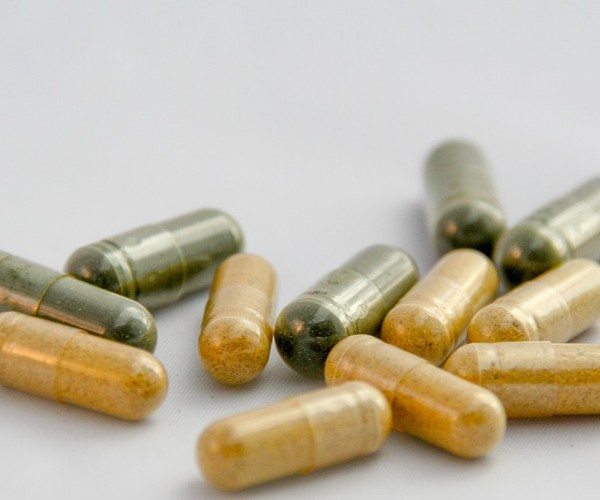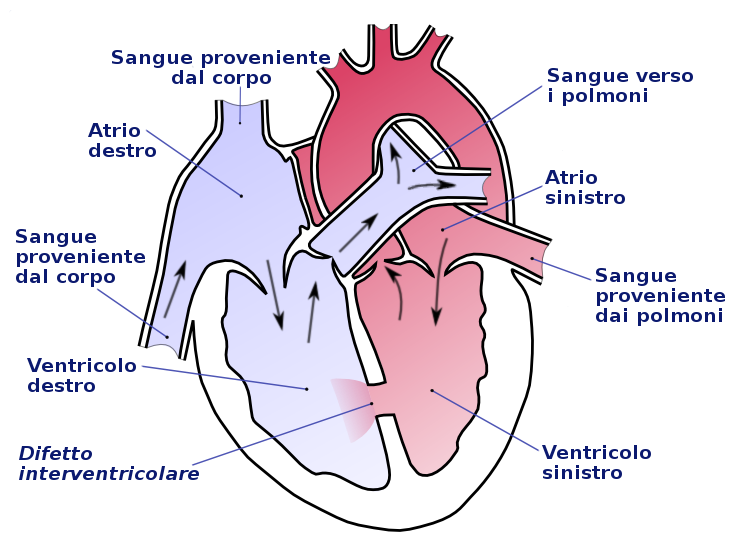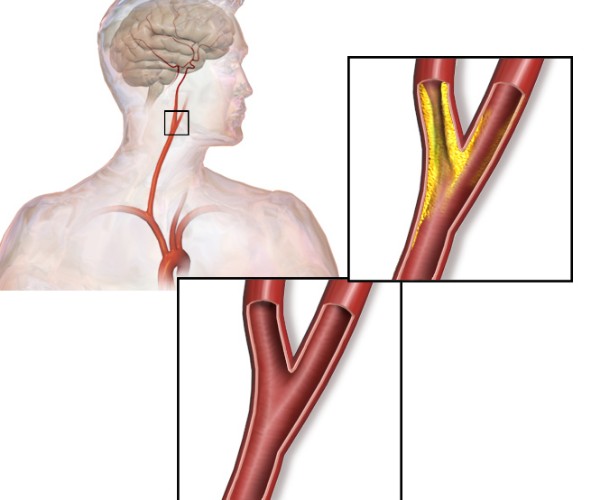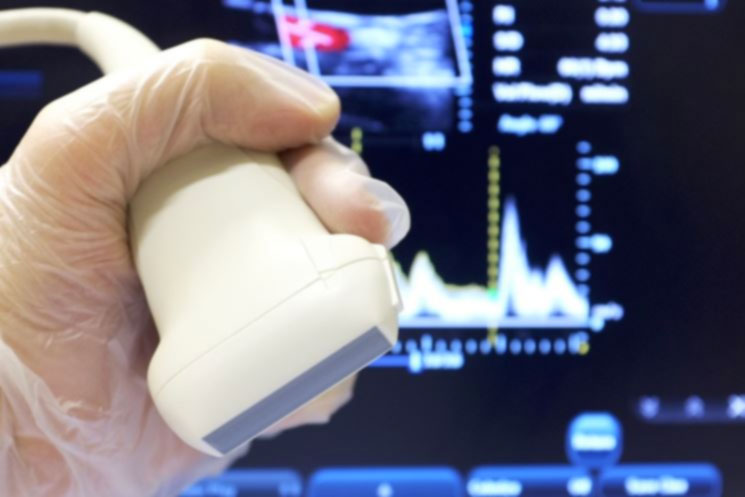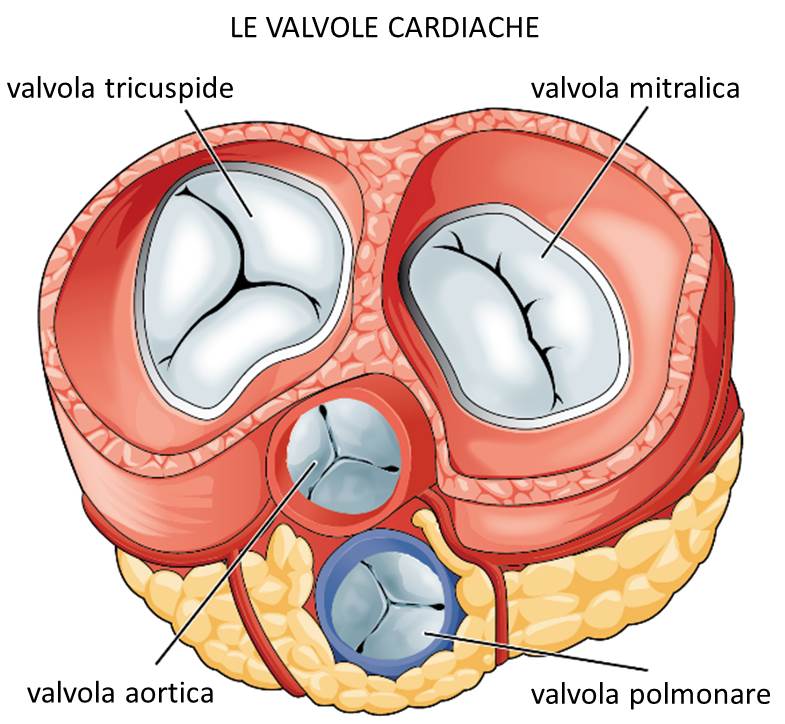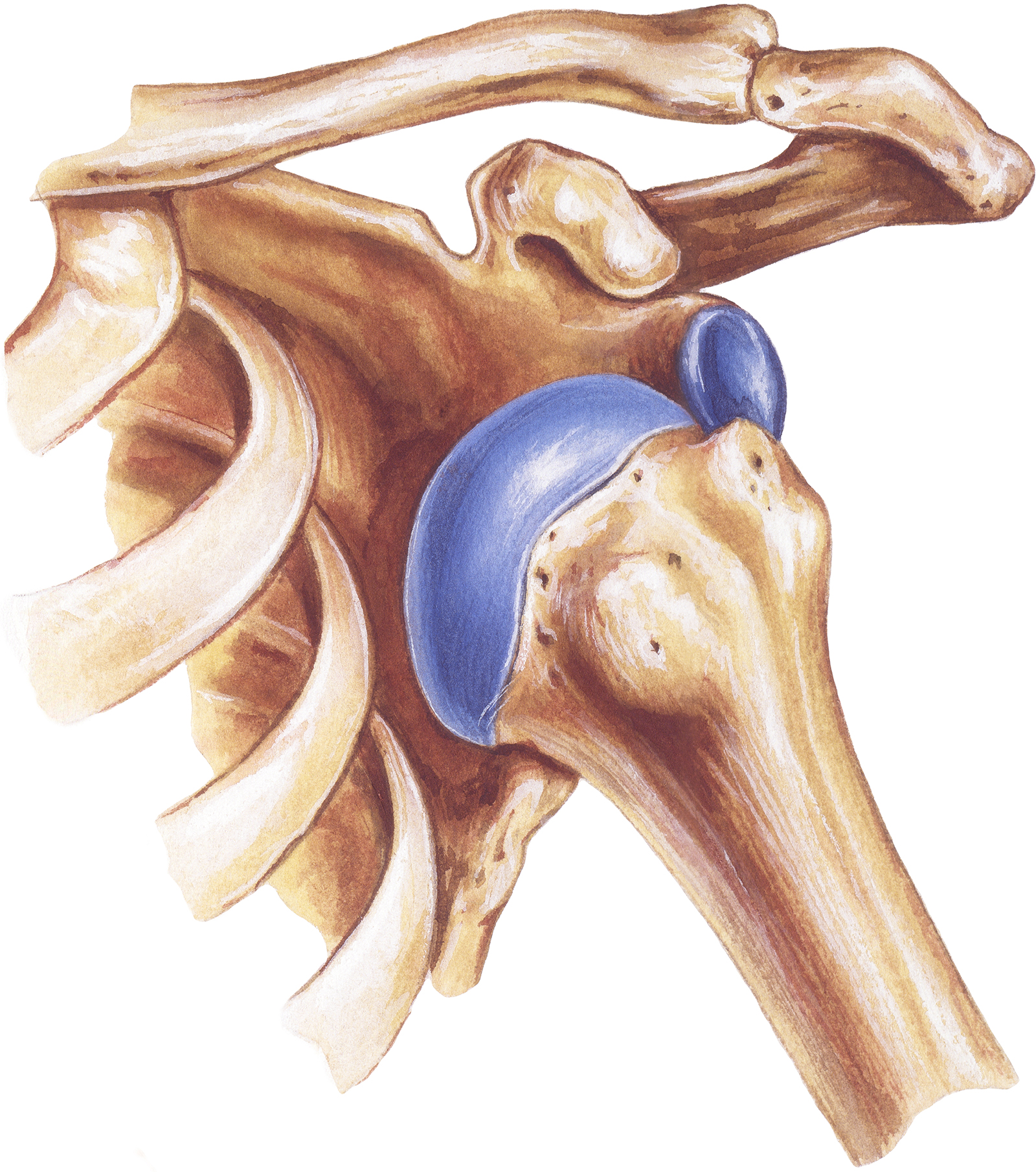Heart attack patients who then take part in a lifestyle improvement program feel better, especially when they engage in additional physical activity. This is the result of a large study presented in ACVC Essentials 4 You, a scientific platform of the European Society of Cardiology (ESC).
“Exercise consolidates physical fitness, with benefits to both physical and mental health,” said study author Dr. Ben Hurdus of the University of Leeds, UK. “If you are gradually able to participate in activities that prospect serenity , then you are more likely to achieve a better quality of life.”
People with heart attacks are usually offered lifestyle classes-which are part of cardiac rehabilitation-unless there are special contraindications. Lessons include physical assistance, smoking cessation, some advice on diet and stress management, as well as attention to medication intake.
This study especially highlighted how heart attack cohort patients view their physical and mental health (a concept definable as “health-related quality of life”).
Heart attacks have a detrimental effect on quality of life, leading to mobility problems, increased self-care in daily activities, although many people take such things as work and leisure for granted.
Previous research has shown a link between cardiac rehabilitation and improved quality of life in heart attack patients. However, most of these studies were conducted before modern drugs, statins to lower “bad” cholesterol and stents to open clogged arteries.
The EMMACE-3 study recruited 4,570 patients who were admitted to 48 hospitals throughout England with suspected heart attack from 2011 to 2013. Patients repeatedly filled out a questionnaire ,while they were in the hospital, and then after 1 month, after 6 months and after 12 months after discharge.
Question items included whether they attended Cardiac Rehabilitation, their perceived quality of life, and an assessment of their physical activity levels.
Patients who participated in Cardiac Rehabilitation programs , reported a higher overall quality of life than non-practicing patients.
Patients who attended a Cardiac Rehabilitation session by exercising up to 150 minutes or even more per week were able to experience satisfactory results on their quality of life, compared with those who stayed out of the program. Dr. Hurdus said,“Cardiac Rehabilitation involves not only physical results, but also greater commitment to leading an appropriate lifestyle and taking medications that result in an overall improvement in quality of life. Added to these outcomes are other social benefits, such as being with other people in a similar situation and sharing a sense of community. People who then choose to perform their rehabilitative practices for more minutes than the recommended minimum of 150 minutes per week report achieving an even higher quality of life.”
Professor Chris Gale, senior author from the University of Leeds, concluded: “All heart attack patients should be referred to a Cardiac Rehabilitation program unless their physician has reasons to advise against it. Patients are advised to talk with their primary care physician to consider whether the Cardiac Rehabilitation program may be suitable for the patient’s physical condition.”
Source: European Society of Cardiology









